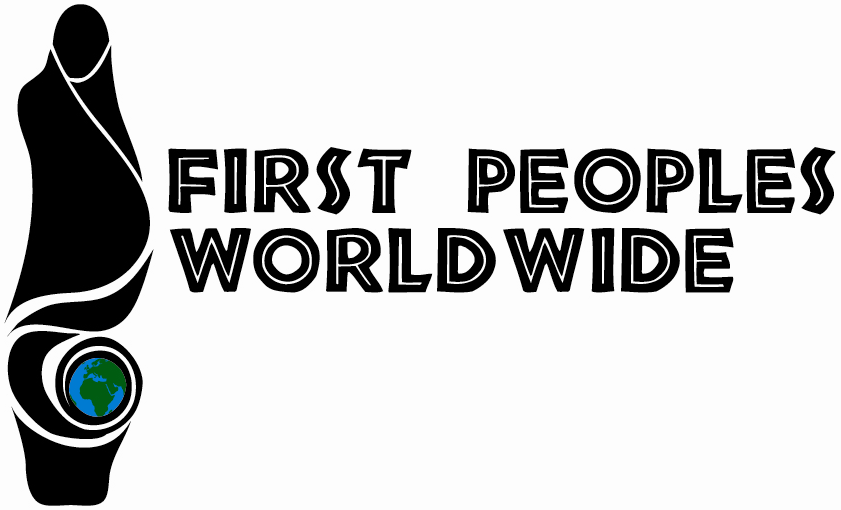Corporate Leaders Invited to Discussion on Indigenous Peoples' Rights
Published 04-15-14
Submitted by First Peoples Worldwide
On May 20, corporate leaders will convene in New York City for a workshop to discuss challenges, successes and best practices in respecting and supporting Indigenous Peoples’ rights. The workshop, titled “Building Bridges: The Business Case for Indigenous Peoples' Rights,” will be co-hosted by First Peoples Worldwide, Future 500 and the UN Global Compact.
The workshop will provide companies with guidance on decreasing risk and uncertainty while strengthening genuine engagement with Indigenous communities. It will also highlight resources that can be leveraged to improve relationships and make the business case to senior management and boards about the tangible and intangible benefits of integrating Indigenous Peoples’ rights into operations. The workshop will facilitate peer-to-peer solutions sharing and highlight best practices from select companies.
The workshop will be held during the Thirteenth Session of the UN Permanent Forum on Indigenous Issues (UNPFII). Established in 2002, the UNPFII is the UN’s central coordinating body for Indigenous Peoples and is attended by thousands of representatives from Indigenous communities and organizations from around the world.
According to Ursula Wynhoven, UN Global Compact General Counsel and Chief of Governance and Sustainability, "it is encouraging to see the growing number of examples of positive engagement between businesses and Indigenous Peoples, where business actions don’t merely avoid harm, but also affirmatively support Indigenous Peoples’ rights. Whether it is through core business activities, social investments, public policy engagement or collective action, there is growing recognition within the business community of opportunities to create shared value for Indigenous Peoples and companies."
Space is limited, and any company representative interested in learning and sharing about respecting and supporting Indigenous Peoples’ rights is welcome to attend. To request an invitation, please contact npelosi@firstpeoples.org.
About First Peoples Worldwide
First Peoples Worldwide is an Indigenous-led organization working on equal grounds with Indigenous communities and the private sector to promote business models that serve the interests of both. First Peoples’ recently-released Indigenous Rights Risk Report provides a quantitative assessment of 52 extractive companies’ operational risk exposure to Indigenous Peoples’ rights.
About Future 500
Future 500 is a nonprofit specializing in stakeholder engagement, bringing together stakeholders – often activists and companies – toward systemic change on climate, human rights and other pressing issues.
About the UN Global Compact
The United Nations Global Compact is both a policy platform and a practical framework for companies that are committed to sustainability and responsible business practices. As a multi-stakeholder leadership initiative, it seeks to align business operations and strategies with ten universally accepted principles in the areas of human rights, labour, environment and anti-corruption and to catalyze actions in support of broader UN goals. With more than 8,000 corporate participants in 145 countries, it is the world’s largest voluntary corporate sustainability initiative.
The Global Compact recently-released A Business Reference Guide to the UN Declaration on the Rights of Indigenous Peoples, which aims to help business understand the rights of Indigenous Peoples, based on the UN Declaration on the Rights of Indigenous Peoples, and recommends practical actions for respecting and supporting these rights.

First Peoples Worldwide
First Peoples Worldwide
First Peoples Worldwide is an Indigenous-led organization that strives for culturally appropriate, community-led development for Indigenous Peoples. We help Indigenous communities retain control of their assets, including their natural resources and traditional ways of life. We believe that this asset-based approach is the key to protecting Indigenous rights and prosperity.
More from First Peoples Worldwide

